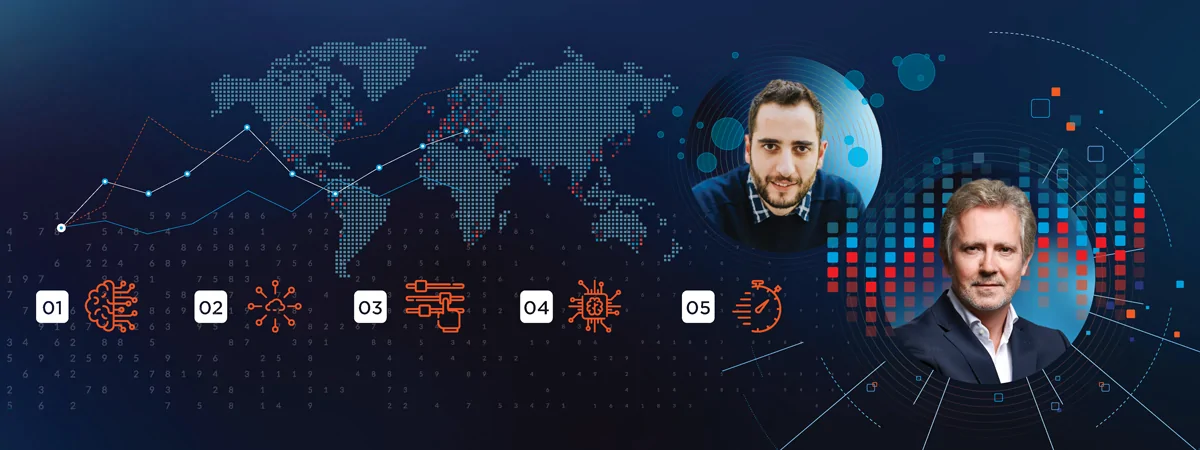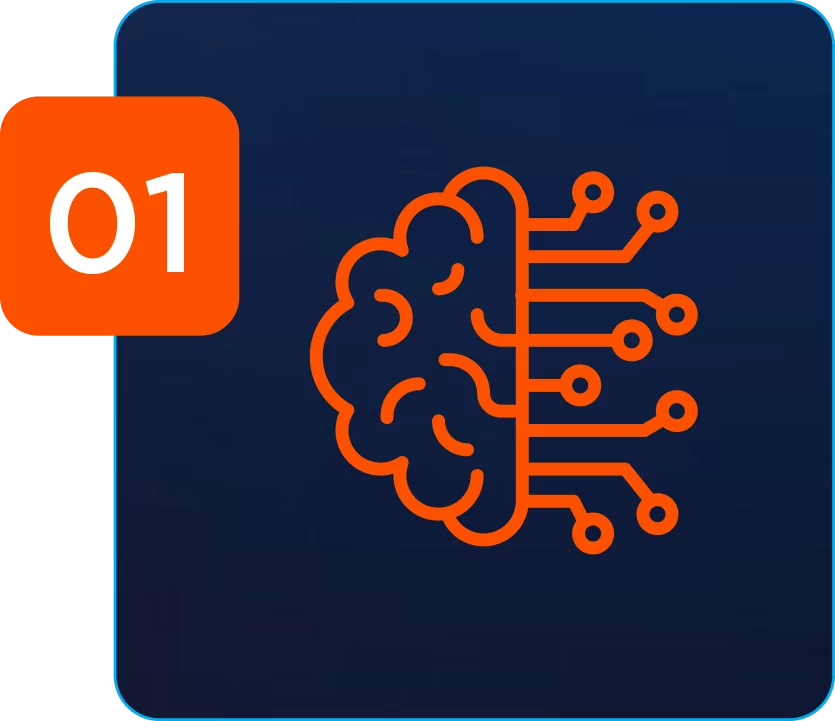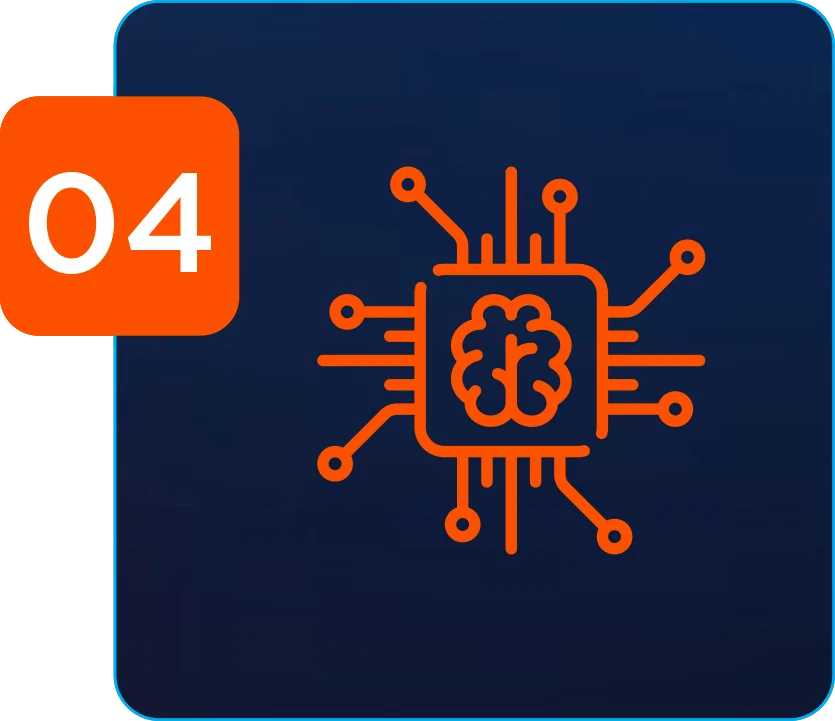Steps Ahead
2023: The year the rubber meets the road for AI in capital markets
By: Matthew Hodgson, CEO and Founder
and Emanuele Tomeo, CTO
Charles Darwin famously stated that the species best able to adapt and adjust to the changing environment in which it finds itself is the one most likely to survive. The same applies to businesses. And for firms operating in capital markets, the signals for change reside in data – not market data, but transactional data. The vast bedrock of information all banks sit on, but most of it can remain untapped, with its potential yet to be realised.
However, an increasing number of banks are realising that AI – if applied correctly, after the appropriate groundwork – is the technology that holds the key to unlocking this potential. And this evolution is not unique to capital markets – research firm IDC has predicted that the global AI market will swell to be worth more than $500bn this year. As we head into 2023 amidst the backdrop of volatility and economic uncertainty across the globe, these are the top five emerging trends in AI that are helping banks achieve a competitive advantage










